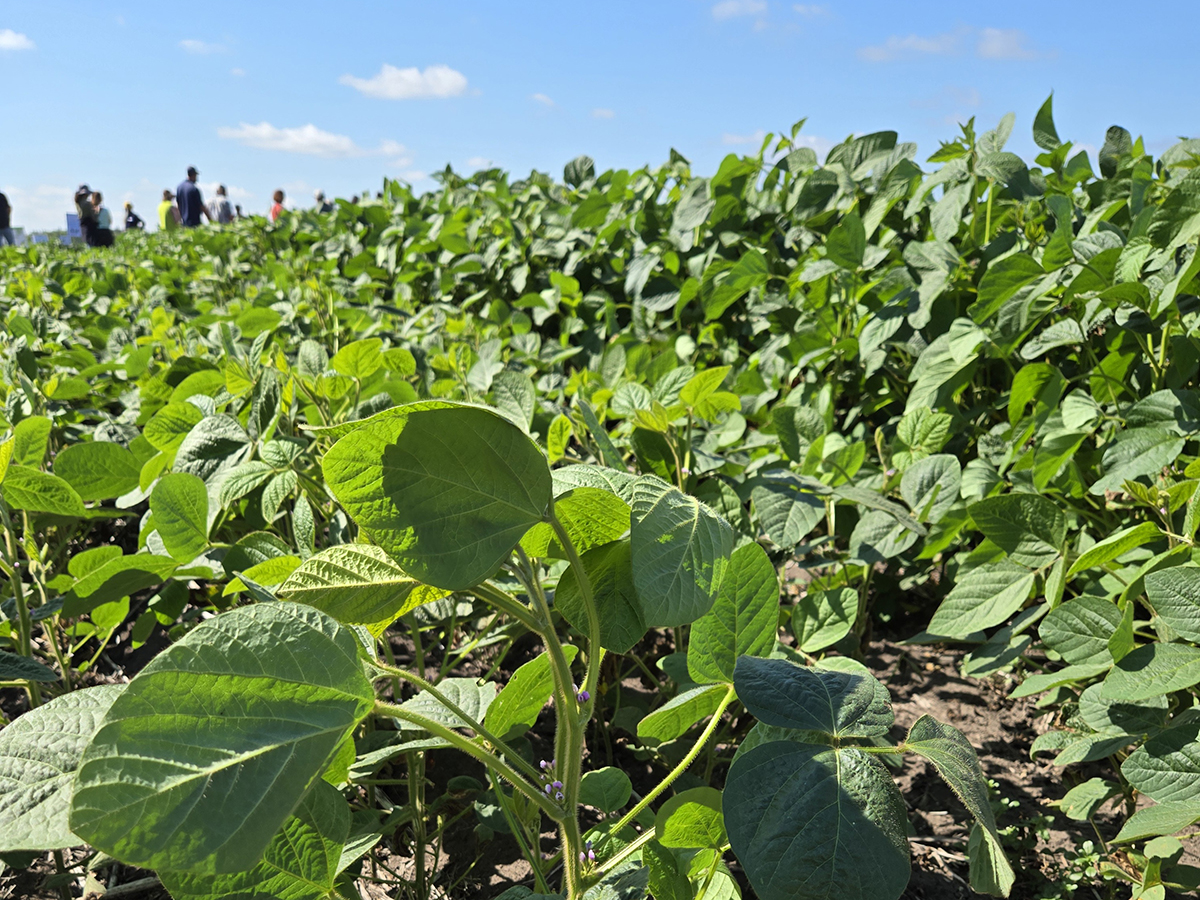R-CALF was once again arguing in court last week that the United States should close its border to Canadian cattle and beef.
The U.S. cattle group accuses in its motion to a federal court that the Canadian industry fails to meet international testing requirements for a country with BSE and fails to meet American export requirements.
R-CALF lawyers also targeted Japanese imports, saying they too endanger the U.S. meat supply.
In both cases, R-CALF challenges U.S.regulations on the import of ruminant products, saying it and the United States Department of Agriculture are failing to protect American livestock and people from disease.
Read Also

Spider mites big soybean problem this season
Spider mite issues have been geographically limited but significant where they occur, said John Gavloski, an entomologist with Manitoba Agriculture.
R-CALF said the discovery that a Canadian cow older than 30 months was exported to the U.S., that eight pregnant heifers were exported in August 2005 and the occurrence of a BSE infected cow born after the ruminant feed ban are evidence that Canada has a systemic failure of its BSE surveillance.
The case was being heard by federal district court judge Richard Cebull on Jan. 27. He is the same judge who orginally banned Canadian cattle and beef two years ago.
In the Canadian government’s brief to the court, lawyers said these errors resulted in no risk to U.S. food supplies and represented a one in 50,000 animal accident.
The Canadian brief argues that a ruling by the Ninth Circuit Court, a higher court that dismissed Cebull’s earlier injunction that kept the U.S. border closed from March until July 2005, deals with issue.
“The Ninth Circuit has made clear that the statute governing USDA’s actions does not require USDA to remove all risk of BSE entering the United States … open borders are default under the (U.S. Animal Health Protection Act), and the secretary can close them only if necessary to prevent livestock disease,” said the Canadian brief to the court.
No ruling has been made on the case.














